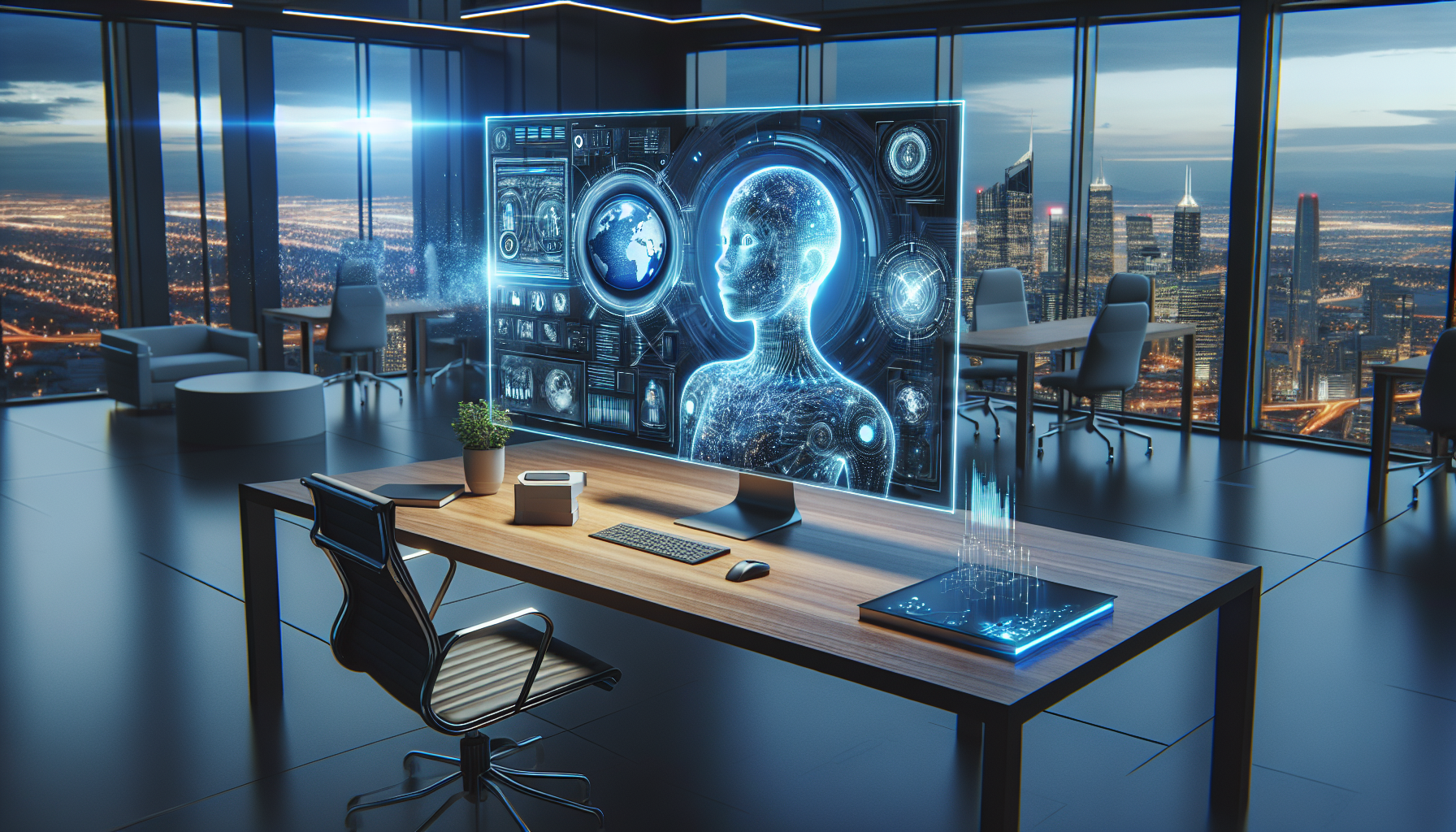
How AI Is Transforming Healthcare: Debunking Common Myths
June 7, 2025
Artificial Intelligence (AI) is often viewed through a lens of skepticism, especially when it comes to its role in healthcare. The idea of machines making decisions about human health can be daunting, leading to a swirl of myths and misconceptions. But it's time to demystify AI's transformative impact on healthcare and understand how it is, in fact, enhancing the quality of care while maintaining human touch.
First, let's address a prevalent myth: AI will replace doctors. This fear stems from a misunderstanding of AI's role. AI is not here to supplant healthcare professionals but to augment their capabilities. Consider diagnostic imaging; AI algorithms can analyze medical images with remarkable precision, often identifying minute anomalies that could be missed by the human eye. This doesn't mean AI is taking over the radiologist's job. Instead, it provides an additional layer of analysis, enabling radiologists to make more accurate diagnoses and focus on complex cases requiring human judgment.
Another misconception is that AI lacks empathy, a crucial component of healthcare. While it's true that machines cannot feel, AI can process and analyze vast amounts of data to offer personalized insights that cater to individual patient needs. For instance, AI-driven platforms can track a patient's history and predict potential health risks, allowing healthcare providers to offer proactive care. This personalized approach ensures that patients receive treatments tailored to their specific conditions, fostering a sense of understanding and empathy through enhanced patient outcomes.
Furthermore, there's a belief that AI in healthcare is only for the technologically advanced institutions, leaving smaller clinics and practices behind. This is far from reality. AI solutions are increasingly accessible and scalable, allowing adoption across various healthcare settings. Cloud-based AI applications enable even the smallest clinics to leverage powerful tools without massive infrastructure investments. These tools streamline administrative tasks, such as scheduling and billing, freeing up healthcare professionals to devote more time to patient care.
A more subtle myth is the assumption that AI is only useful for data-heavy areas like radiology or genomics. However, AI's potential is vast and varied. In primary care, AI can assist in routine check-ups by analyzing patient data to offer real-time health insights. In surgery, AI-powered robotic systems enhance precision, reducing recovery times and improving surgical outcomes. AI's capabilities extend beyond diagnostics and treatment to areas like mental health, where AI-driven chatbots provide initial support and triage, guiding patients to appropriate care.
Security concerns also fuel apprehension towards AI adoption in healthcare. Many fear that integrating AI systems could jeopardize patient data privacy. However, AI technologies are often built with robust security protocols that comply with stringent healthcare regulations. Encryption, anonymization, and secure data storage are integral to these solutions, ensuring that patient data remains confidential and secure.
Despite these reassurances, some remain skeptical about AI's readiness to handle the complexities of healthcare. It's important to recognize that AI is not a static technology; it continuously learns and evolves. Machine learning algorithms improve with data exposure, becoming more accurate and reliable over time. The collaboration between AI developers, healthcare professionals, and regulatory bodies ensures that AI systems are rigorously tested and validated before deployment, aligning with the highest standards of medical practice.
The true potential of AI in healthcare lies in its ability to democratize access to quality medical care. By automating routine tasks and enhancing diagnostic accuracy, AI frees up medical professionals to extend their reach, making healthcare more accessible, especially in underserved regions. Telemedicine, bolstered by AI, exemplifies this potential, breaking geographical barriers and providing remote consultations, which have become invaluable to patients with limited access to healthcare facilities.
As we continue to integrate AI into healthcare, we must approach it as a partnership between technology and humanity. AI is a tool that, when wielded wisely, can elevate the standard of healthcare to new heights. It is not about replacing the irreplaceable human element in medicine but rather about enhancing human capabilities through intelligent assistance.
So, as we stand at the crossroads of technology and healthcare, the question remains: How can we further harness the power of AI to create a healthcare system that is more efficient, equitable, and empathetic? The answer lies in embracing AI not with trepidation but with thoughtful consideration and openness to innovation. The future of healthcare is not just in the hands of AI or humans alone, but in the symbiotic relationship between the two.


